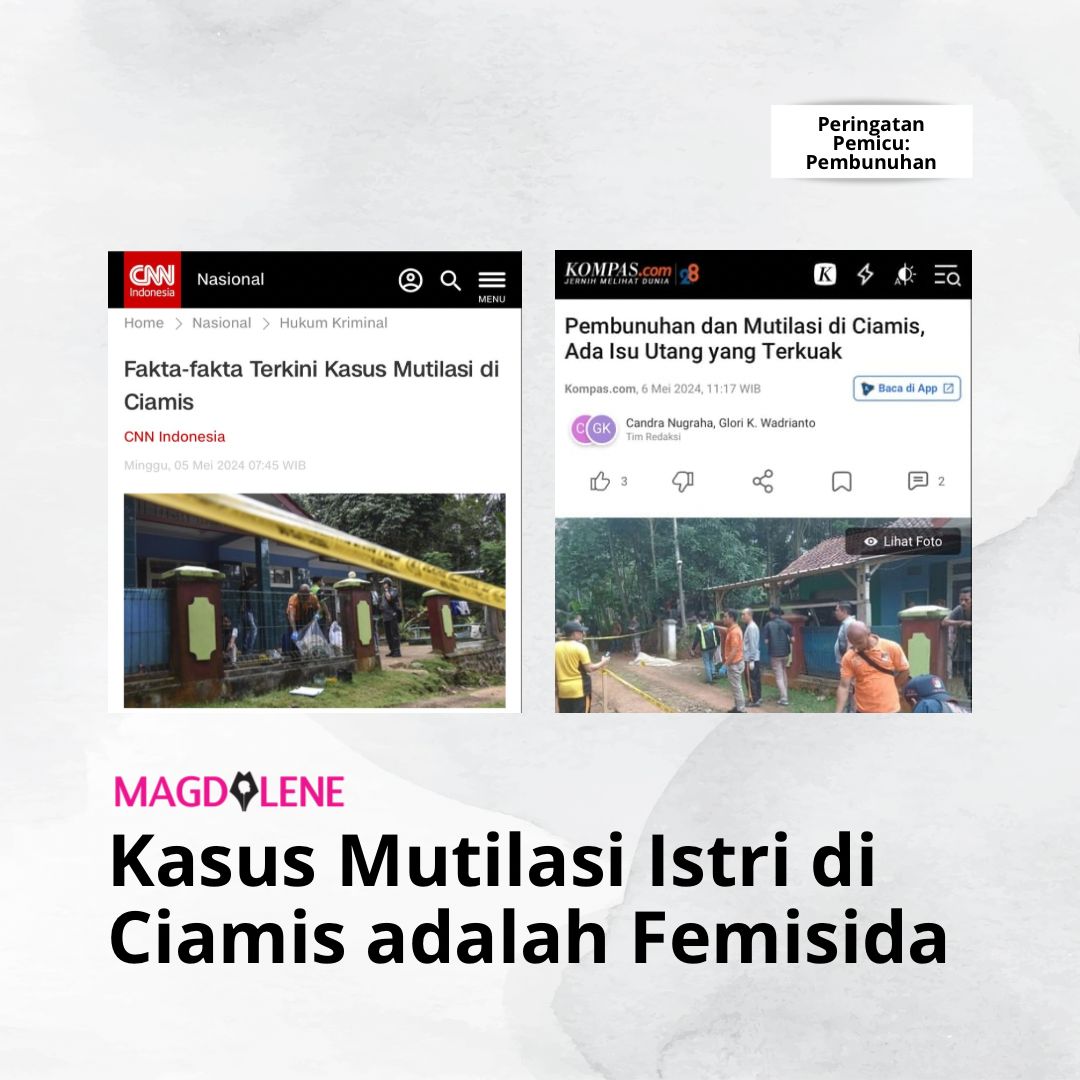Rent-a-Dress: Sustainable Alternative for Your Sartorial Dilemma
For some, renting outfits presents an ideal world of an endless closet while also helping the environment.

Grace Wiroreno is a freelancer, so she prefers to works in worn out t-shirt and lounge pants. But occasionally when she has to meet clients, she likes to dress to impress, mixing the professional with sassy look.
“I have so many ‘meeting-with-client clothes,’ I realised after a while I hardly wore them and would give them away,” says Grace. “I get bored easily and I love colour and pattern. The problem with that is people remember. I know they don’t mean too but it makes you feel insecure when people comment on an outfit you are wearing again.”
But she doesn’t have to fill her closet with new clothes anymore. Now she rents her business clothes from Style Theory, one of the clothes rental online shops popping up in Indonesia.
These companies are trying to solve the problem of women having to buy outfits that would only be worn once. Renting presents an ideal world of an endless closet while also helping the environment.
Shops like Style Theory usually offer one-time clothes renting for various events. Some also offer a monthly subscription service, sending a box to your home monthly, before picking them back after use. The companies would take care of everything including dry cleaning the clothes.
Growing concerns over sustainability has driven demands for the services these companies offer, especially with the fashion industry being one of the biggest polluters globally. Fashion renting reduces the waste of dresses hanging in closets destined to only be worn once.
Established in Singapore, Style Theory has been in Indonesia since 2018, offering onetime rents and a monthly subscription.
“If you really love and will wear the piece forever, then it’s okay to buy. But if you’re only going to wear it a couple of times then it’s better to rent,” Melisa Andriani, head of apparel at Style Theory Indonesia, tells Magdalene.
Style Theory works with designers to make sure that the material of the clothes is durable, often requiring the latter to change the fabrics of their design. Melisa says starting a renting company “takes a big investment,” but it is worth doing it early, as in three to five years there will be a lot of competition.
Grace who subscribes the clothes monthly says in addition to looking good, she gets to reduce waste. She has been attempting to cut fast fashion out of her shopping.
“I stopped browsing because I would be tempted to buy.”
Most of the clothes she rents fit well, although they can be touch and go sometimes. You give your measurements, which will be suited to the different brands. Sometimes the fabric can be hard to identify from the picture and description, but googling has helped, she says.
“I have rented clothes and find the fabric is just not breathable. I couldn’t wear this on the MRT!” says Grace.
Another clothes renting company is called Rentique, a company co-founded by two women in February 2019. CEO Dea Amira and her co-founder created their “closet in the cloud” because they saw women wanting to wear something new every day, but didn’t have the budget to afford that. They pride themselves on having affordable pieces while also helping women to help others with the environment.
“I believe that as citizens of the earth, we can do something for Mother Earth,” says Dea.
Affordability in the sustainable fashion industry is important, as clothes made of sustainable product are still relatively costlier than mass produced ones. Asia’s Sustainable Fashion Summit 2019 found that although “four out of five people were concerned about environmental issues,” only 13 percent would be willing to spend more money on sustainable fashion compared to normal fashion.
Rentique works with both designers and laundry services to make sure their renting process is sustainable, while also maintaining a high standard for hygiene.
“We are doing everything we can to make sure the garment is 100 percent clean, including detailed inspections,” says Dea.
Although the business is relatively new in Indonesia, Rentique has found that many people are becoming open to the service. Since their launch in February 2019 there have been “50 thousand users who have embraced this trend”.
Reti Sudarto was contemplating what she was going to wear for last year’s Eid al-Fitr when she came across an ad for a Style Theory pop-up store. She wanted something new for the annual gathering, when family would pose for pictures and post them on social media, but she didn’t want to go to the markets and didn’t usually shop online. The pop up store was a perfect opportunity for her to find something nice, without the guilt from wearing it only once or the worry that something she buys online wouldn’t fit.
She wore the outfit to Eid al-Fitr gatherings and decided to subscribe to Style Theory. Reti likes to use the subscription service to experiment with her wardrobe, trying different styles and colours without making a commitment to buying. She also likes to use the service for occasions or events particularly when they have a dress-up theme.
The target audience for Style Theory might be a bit young, Reti, admits, adding that sometimes the “larger sizes can be a bit limited.” But “90 percent of the time the clothes are a good fit and the customer service team responds well to problems.” Plus, she doesn’t have to do the laundry.
Though renting allows her to experiment with her wardrobe, Reti says she would never stop buying clothes.
“I would never boycott fast fashion,” she says, “If people stop buying, then factories in Indonesia will close and people, mainly women, won’t have jobs.”
Still, renting works for people like her and Grace.
Says Grace: “If your New Year’s resolution is to stop shopping then this would be a good way to do that.”












